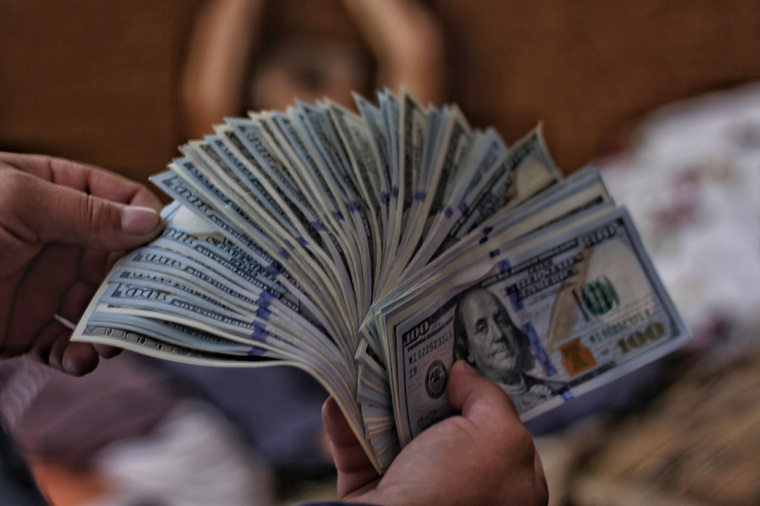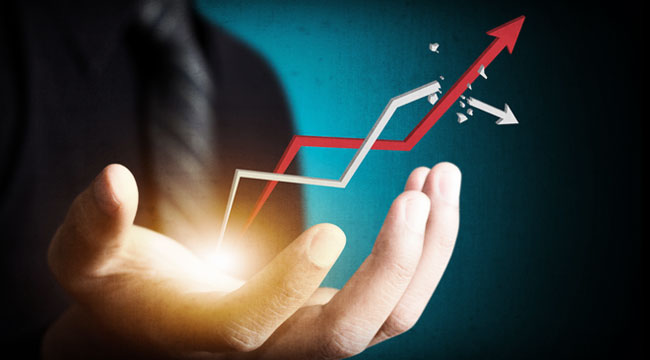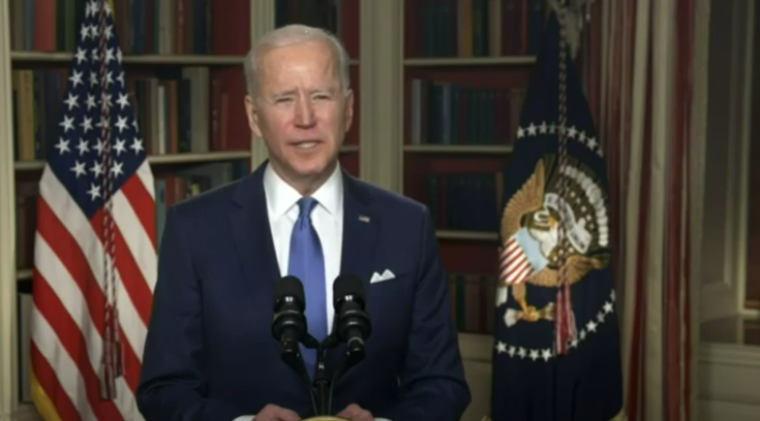
Conservatives laughed at celebrity representative Alexandria Ocasio-Cortez, D-New York, attending the Met Gala recently. Tickets were reported to cost $35,000 each. But the representative didn’t pay for her ticket; she was a guest and she borrowed her dress. She said she attended in order to send a message to the country’s wealthiest people.
Voters, and the owner of the dress, should be concerned about the message she painted in scarlet letters on the white gown, “Tax the Rich.” Socialists like AOC are about 400 years behind the times in their view of the rich. They see the rich as having hoards of gold in a bank or secure room in one of their mansions that they amassed by cheating others who are poorer as a result.
AOC’s understanding of the rich was accurate from prehistory until the advent of capitalism in the 17th century. Through most of history, the “honorable” ways to get wealth if you didn’t inherit it was through plunder in war, kidnapping for ransom and doing favors for the king, who would steal the land of an enemy and give it to you. Or the king might give you a monopoly on trade in some commodity like silk so that you could charge exorbitant prices.
Often, the nobility would steal the wealth of common people by bribing judges to find the owners guilty of false charges. The commoner would be executed, and the “noble” person would get the wealth, usually land. Old Testament prophets complained about that practice in ancient Israel, and Jerry Bowyer demonstrates in his book The Maker Versus the Takers: What Jesus Really Said About Social Justice and Economicsthat most of the wealthy in Judah had gained their wealth by immoral means.
Few grew wealthy through commerce. Pagan philosophers such as Aristotle considered commerce to be morally lower than prostitution. Theologians baptized that pagan philosophy rather than dig out of the Bible a doctrine of economics and commerce. That’s why Christian Europe refused to allow Jews to work in government or serve in the military and consigned them to commerce and banking, the most despised professions. When Jews would become wealthy, Christians would fabricate charges against them as an excuse to steal it.
Nothing changed until the Godly theologians at the University of Salamanca, Spain, distilled the principles of capitalism from the Bible and the Dutch Republic implemented them. The Dutch outlawed the traditional ways of gaining wealth and prevented the nobility from stealing. They left hated commerce as the only path to wealth.
So, AOC is wrong. Most wealthy people for the past four centuries have earned it through commerce by serving the people better than their competitors. Rarely do they keep much of their wealth in gold. Most of it is tied up in their businesses. However, a few have grown wealthy by bribing politicians to legislate favors for them as they did before capitalism.
The mostly likely cause of AOC’s and the left’s hatred of the rich is pure envy. The left loves to toss around accusations of greed, but they never mention envy, except as a joke, “I envy your new Lexus!” But as Helmut Schoeck showed in his classic book Envy: A Theory of Social Behavior, envy used to be considered the worst of the seven deadly sins because of its destructive power.
An old European story depicts envy well. An angel visited a peasant and offered to grant him a wish. The peasant thought a minute and said, “Well, my neighbor has a milk cow and I don’t.” The angel said, “So, you want me to give you a cow?” “Heavens, no!” cried the peasant. “I want you to kill my neighbor’s cow.” The peasant didn’t want others to envy him for having a cow in the same way he envied his neighbor.
Those stories show the destructive nature of envy. The envious person doesn’t want to improve his position in life; he wants to bring someone else down to his level. The popular French economist Thomas Piketty, who is Professor of Economics at the School for Advanced Studies in the Social Sciences, in his book Capital in the 21st Century said as much when he admitted that his proposal for an 80% tax on wealth would bring in little revenue to the government, but it would impoverish the wealthy.
Socialists have canceled envy, but Christians should resurrect it because the Bible condemns the sin of envy. Matthew 6:22-23 is an important passage. The New International Versions translates it as
“The eye is the lamp of the body. If your eyes are good, your whole body will be full of light. But if your eyes are bad, your whole body will be full of darkness. If then the light within you is darkness, how great is that darkness!”
Matthew 6:22-23
However, a literal translation would read “…if your eye is evil…” This is a rendering of the ancient fear of the evil eye that is common outside of the West and through history. In the West we tend to call it “green eyed.” An evil eye is envy. Other verses that translate evil eye as envy are Matthew 20:15 and Luke 11:34.
According to Schoeck, envy kept people starvation-poor from prehistory until the advent of capitalism, when Christianity tamed envy enough to allow for innovation and economic development, but only in the West until the 20th century. Then, Christians in the West abandoned Christ and envy burst from its tomb. It stalks the world like a zombie disguised as socialism. Envy is the power behind socialism.
Unfortunately, a minority of evangelicals have had their brains eaten by the envy zombie and so promote socialism. The only defense is the power of Christ to suppress envy so that we love our neighbors, including the rich, as ourselves.





